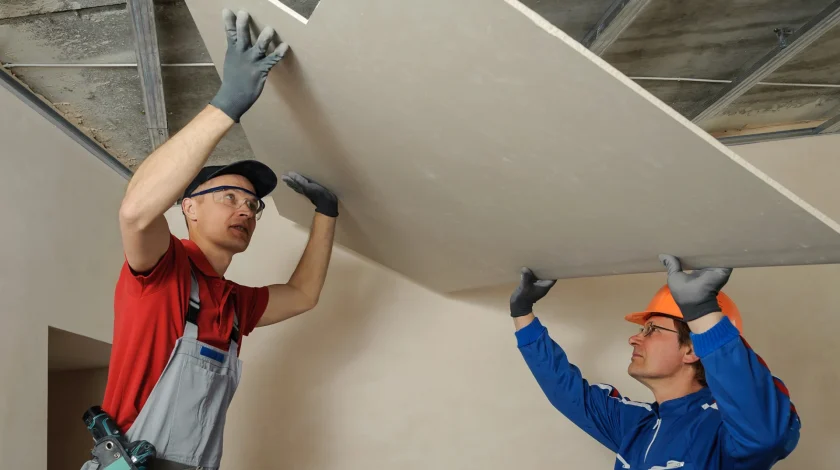Co-authored by Anthony Losurdo
Building or undertaking work on your home can be an exciting venture but it is important to make sure that you have contracts in place for works over a certain amount. Residential building contracts are used for a range of works at residential properties, including:
- building new homes;
- maintenance work;
- repairs; and
- renovations.
The Home Building Act 1989 (NSW) governs these contracts. For any residential building works over $5,000, your tradesperson must provide you with a written contract.
Contracts for work between $5,000 and $20,000
Contracts within this costs range are known as small job contracts under section 7AAA of the Home Building Act.
The contract must be written, dated and signed by, or on behalf of, each party.
The contract must contain the following:
- the parties’ names, including the name of the holder of the tradesperson’s licence;
- the tradesperson’s licence number;
- a description of the work;
- any plans or specifications for the work; and
- the contract price if known.
Under Schedule 2 of the Home Building Act, a residential building contract must state that all plans and specifications for work to be done under the contract (including variations) form part of the contract. Additionally, any agreement to vary the contract or any plans and specifications must be in writing and signed by all parties including your tradesperson.
Schedule 2 also sets out that a clause must be included in the contract, specifying that all work will comply with:
- the Building Code of Australia, to the extent required under the Environmental Planning and Assessment Act 1979;
- all other relevant codes, standards and specifications that the work is required to comply with under any law; and
- the conditions of any relevant development consent or complying development certificate.
Alongside this, another clause should be written to limit the contractor’s liability for failure to comply with the work mentioned above, if:
- a design or specification is prepared by or on your behalf as the homeowner (but not the contractor) or
- you require a design or specification where the contractor has advised you in writing that it goes against the ‘work compliance clause’.
If a certifier is required for the work, an information sheet about registered certifiers must be included with the contract. A provision should allow you to have freedom to choose your own certifier if you wish.
Contracts for work over $20,000
Section 7 of the Home Building Act provides the requirements for home building contracts for work over $20,000. These contracts must include all the requirements of a small job contract outlined above, but must also include:
- a clause listing the statutory warranties in section 18B of the Home Building Act;
- a statement that there is a cooling-off period of five business days;
- a clause identifying the cost of cover for any insurances along with an insurance certificate under the Home Building Compensation Scheme;
- a progress payment schedule if required; and
- a clause stating that the contract may be terminated in the circumstances provided by the general law and that the parties are not prevented from agreeing to additional circumstances in which the contract may be terminated.
The Home Building Regulation 2014 (NSW) now specifies that a contract checklist must be enclosed with the contract to ensure that you are aware of important elements of the contract.
Additionally, if a price is known, the price must be prominently displayed on the first page of the contract. If the price isn’t known or is subject to change, a warning must be displayed in the contract.
How we can help
As a homeowner, it is essential that you understand the terms of a home building contract before you sign it as misunderstandings can have serious consequences. If you require any assistance in preparing or understanding a residential building contract, please contact our Building & Construction team.














